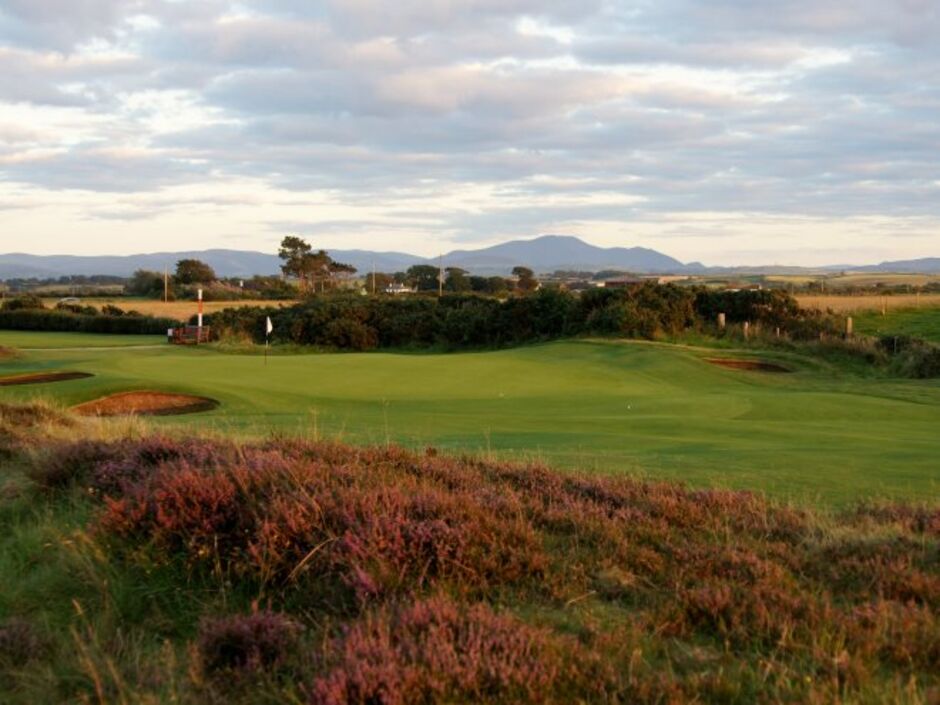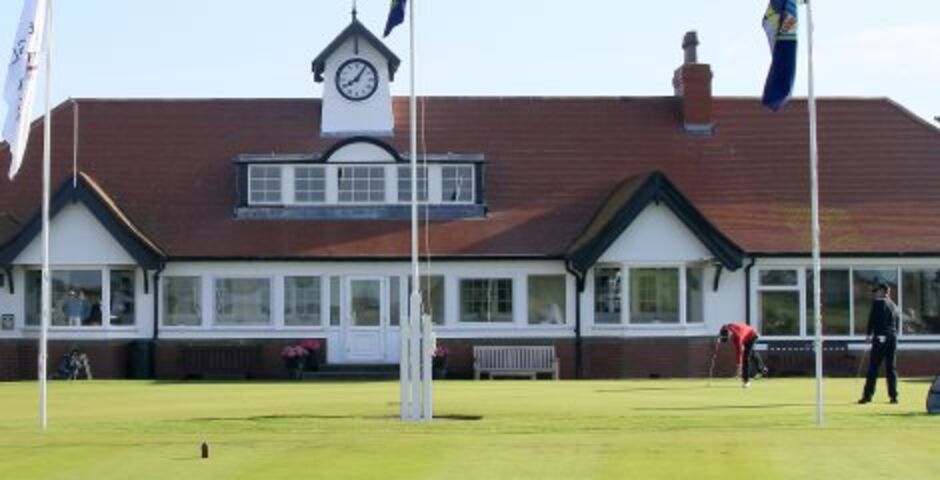

Silloth on Solway Golf Club
The North British Railway Company founded Silloth on Solway Golf Club in 1892 as a natural extension to its development of the town as a port, holiday resort and terminus for both commercial and passenger traffic. The Company hired prominent Scottish professionals of the time, such as Willie Fernie and Willie Park, for their expert advice in establishing the course, and for publicising it through exhibition matches. The course itself was originally laid out by Davy Grant, and over the next thirty years, was visited by ten Open Champions including Harry Vardon, J.H. Taylor and James Braid.
Silloth soon produced its own great names, the first being the Leitch sisters, daughters of the town doctor. Three of them were awarded international caps, two won national championships, and one, Cecilia became simply the best lady golfer in the world. She dominated the game around the time of the First World War, transformed the way ladies played, and in the process, won a record four British, five French, two English and one Canadian championship.
In an era when ladies swung prettily, Cecil (as she was popularly known) hit hard, long and straight, with a distinctive swing that was moulded by the need to reach the narrow Silloth fairways and "handkerchief-sized" greens. Since then, the club has produced a stream of County champions that continues to the present day.
The Leitch connection was an important factor in bringing the Ladies British Strokeplay Championship to Silloth in 1972, followed by the Ladies British Amateur (Matchplay) Championship in 1976 and regular national women's events thereafter including English Ladies Championships in 2000 and 2007.
Silloth has always had Parliamentary connections, the most recent being with the late Viscount Whitelaw, a fine golfer in his youth, Captain of the R & A in 1970 and much loved President of the Club until his death in 1999.
More recently, the testing links has been used for R&A Regional Qualifying for the Open Championship. In 2009 the Club hosted the EGU Mid Amateur for the Logan Trophy which was won by member John Longcake.


